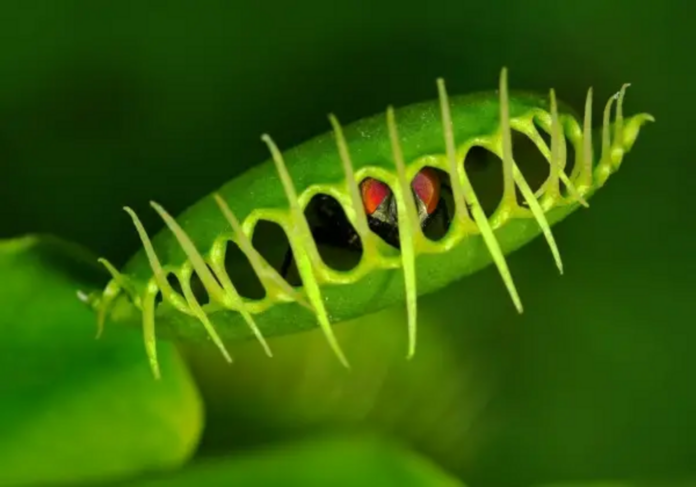Nature’s hidden geniuses: the surprising IQ of plants exposed
Plants, often perceived as passive entities, possess an intricate world of intelligence that is only recently being unveiled by scientific research. The captivating realm of plant intelligence highlights the remarkable abilities exhibited by various plant species. By exploring their communication, environmental responses, problem-solving skills, and interconnected behaviors, we can see compelling examples that showcase the complexity and intelligence inherent in the plant kingdom.
Communication: Plants Speak a Language of Their Own
Plants have intricate communication systems that utilize various signals to exchange vital information. For instance, when a plant is under attack by herbivores, it can release volatile organic compounds that serve as distress signals to nearby plants, warning them of the impending danger. This phenomenon, known as “plant-plant communication,” allows neighboring plants to preemptively activate their defense mechanisms.[1] Additionally, through underground fungal networks called mycorrhizal associations, plants can communicate and share resources with neighboring individuals, forming a symbiotic relationship. Through these networks, plants can transfer nutrients, water, and even chemical signals to support the overall health of the community. [2]
Environmental Responses: Adapting and Thriving in A Changing World
Plants showcase remarkable adaptability by responding to their environment in ingenious ways. One striking example is the Venus flytrap (Dionaea muscipula), which can sense and trap prey using specialized leaves that snap shut when triggered by the movement of an insect. This rapid response enables the plant to secure vital nutrients in environments with nutrient-poor soil. [3] Another fascinating adaptation is exhibited by the Mimosa pudica, commonly known as the sensitive plant, which folds its leaves and droops when touched, as a defense mechanism against potential threats. This quick response helps to deter herbivores and protect the plant from damage.[4]
Problem-Solving Skills: Plants Navigate Challenges with Ingenuity
Plants have evolved ingenious strategies to overcome obstacles and secure their survival. The dodder (Cuscuta spp.), a parasitic plant, demonstrates remarkable problem-solving skills by locating host plants through chemical cues and growing towards them to obtain nutrients. This adaptive behavior ensures the parasitic plant’s survival and allows it to thrive by tapping into the resources of its host.[5] In the competitive struggle for light, some climbing plants, such as the English ivy (Hedera helix), employ a unique problem-solving approach known as “negative gravitropism,” allowing them to grow against the force of gravity and reach sunlight. This adaptation maximizes their access to essential sunlight, aiding their photosynthesis and growth.[6]
Interconnected Intelligence: Collective Behaviors in Plant Communities
Plants exhibit collective intelligence through cooperative behaviors that benefit the entire community. In forests, trees of the same species can synchronize their flowering to maximize cross-pollination and reproductive success. This synchronization, known as “mast flowering,” allows the plants to take advantage of pollinators and increase the chances of successful reproduction. Moreover, when a plant is attacked by herbivores, it can emit chemical signals that prompt neighboring plants to produce defensive compounds. This collective response enhances the overall resistance of the community against herbivores and ensures the survival of individual plants.[7]
Conclusion
The exploration of plant intelligence has shattered the notion of plants as passive organisms, revealing their remarkable abilities to communicate, adapt, and solve problems. Examples such as the communication signals of distressed plants, the trapping mechanisms of carnivorous plants, the problem-solving strategies of parasitic plants, and the cooperative behaviors of plant communities demonstrate the depth and complexity of plant intelligence.
As we deepen our understanding of these astonishing abilities, we gain a greater appreciation for the intricate web of life that plants contribute to. Embracing a new perspective on plant intelligence not only enhances our connection with nature but also holds implications for agriculture, ecological conservation, and biomimicry. Let us continue to explore and celebrate the wonders of plant intelligence, recognizing the vibrant and dynamic world of flora that surrounds us.
For full references please use source link below.

